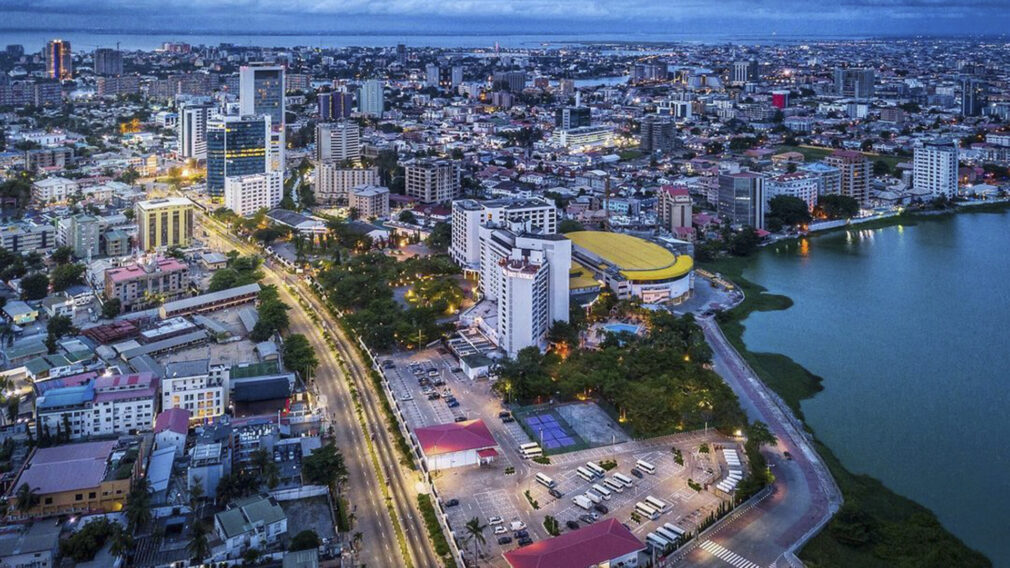Exploring the Dynamics of Nigeria’s Sports Betting Landscape
Edward Howarth, the Lead Writer for DashTickets, unveils the complexities of the Nigerian gambling market, spotlighting its socio-economic impacts and the prevalence of sports betting.

The Socioeconomic Drivers of Gambling in Nigeria
Understanding the socioeconomic landscape of Nigeria is crucial for grasping the reasons behind the widespread engagement in sports betting. For many Nigerians, gambling is not just a pastime but a necessary source of income. This perspective sheds light on the broader economic challenges facing a significant portion of the country’s population.
The Nigerian sports betting market is astonishingly large, with around 70 million people participating weekly. This includes a concerning number of teenagers who often frequent makeshift betting kiosks. According to the TGM Sports Betting Survey conducted in October 2022, 51.73% of Nigerian adults are involved in sports betting, underscoring its significance as a supplement to income rather than merely recreational activity.
Misconceptions and Realities
Contrary to the dire warnings of some critics, Howarth argues that sports betting represents a lesser issue within the context of Nigeria’s economic challenges. Without it, he suggests, many might resort to illegal means to earn money.
Alarmingly, a 2018 study by Aguocha et al. revealed that over 57% of school-age children have gambled at least once. The accessibility of gambling venues to children, particularly in informal settings, poses serious social and regulatory questions about the controls in place to protect younger populations from early exposure to gambling.
Market Size and Potential
Nigeria holds the title of the second-largest gambling market in Africa, closely trailing South Africa and expected to surpass it by 2024 or 2025. With the market currently valued at $2 billion, the growth trajectory of Nigeria’s gambling industry appears robust, driven by a burgeoning population and increasing participation in sports betting.
Everyday Realities of Gamblers
Most Nigerians perceive sports betting as less risky than casino gambling. The ability to make informed choices based on sports knowledge presents a preferable risk profile, particularly when compared to games of chance like roulette or slots, which are seen as more unpredictable and financially draining.
The daily betting habits of Nigerians reveal that while an estimated 14 million bets are placed daily, the average bet size typically remains around $1, contrary to some reports suggesting higher figures. This highlights the survivalist approach many Nigerians take towards betting, using small stakes to manage daily expenses.
The 2022 World Cup saw an unprecedented level of engagement, with 82% of Nigerian adults participating in betting on the event.
Recommended
